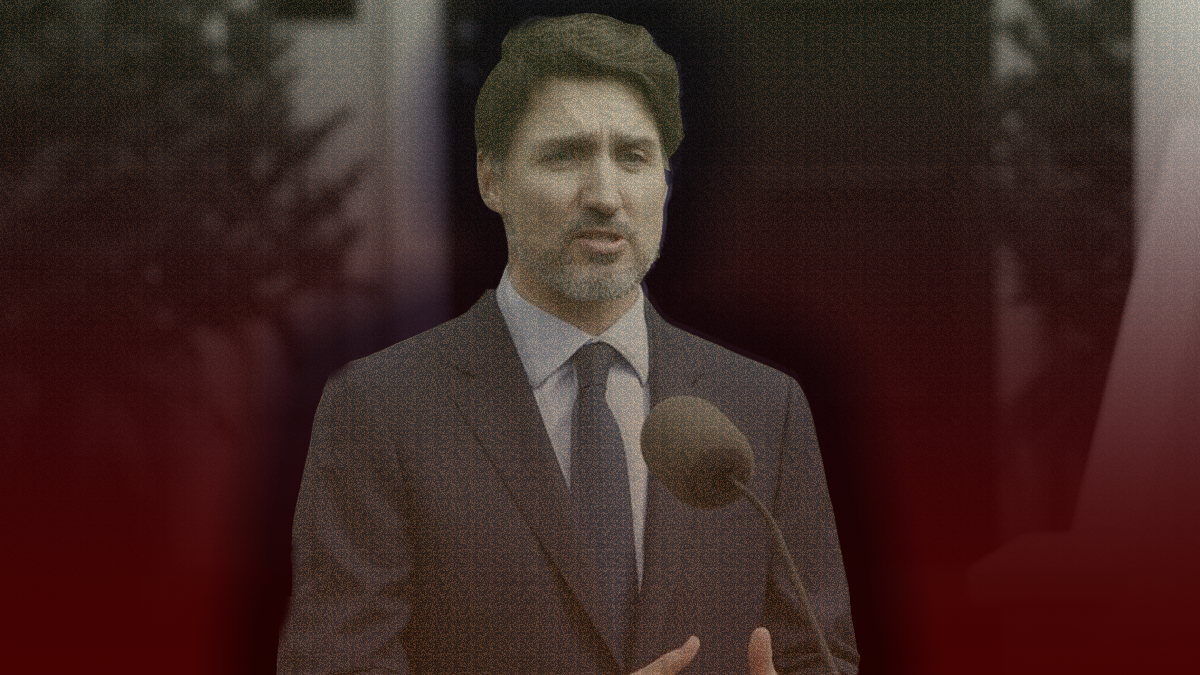If the Liberals go along with the guaranteed annual income plan they’re mulling, it could increase overall federal program spending by 132.4%, a study from the Fraser Institute says.
Released Thursday, the Fraser Institute study compares the cost of four different guaranteed annual income (GAI) models.
The study found that providing a guaranteed income of $24,000 to all working-age Canadians would cost $464.5 billion, an amount which would increase program spending 132.4% from the 2019/2020 budget.
The least expensive option studied by the Fraser Institute, guaranteeing all Canadians $7,272 in a similar manner to Old Age Security, would cost $131.9 billion.
Authors note that it is very difficult to predict the true cost of a GAI as its supporters tend not to explain how the program would work.
“The proponents of such programs frequently do not clearly specify their details, which prevents a careful analysis of their costs, benefits, and implementation challenges. This report estimates the cost of four possible models. Those estimates suggest the total net cost of a GAI could range from $131.9 billion to $464.5 billion,” it says.
While Prime Minister Justin Trudeau has not supported a basic income publicly, Liberal MPs are currently pushing for the government to adopt the idea.
Last week the Liberal caucus pushed for cabinet to adopt a GAI policy. The Liberals will be voting on supporting a GAI at their next convention in November, with Liberal MPs considering guaranteed income a high-priority resolution.
Given the Trudeau government is in a minority situation, a GAI in the upcoming throne speech and budget could be a way to guarantee support from the NDP.
The federal government has recorded a deficit of over $400 billion so far this year, with the federal debt reaching $1.2 trillion.
Earlier this month Parliamentary Budget Officer Yves Giroux said that the current deficit will become unsustainable if continued for another one to two years, meaning revenues – taxes, predominantly – would need to rise substantially to compensate for the increases in spending a GAI would require.
